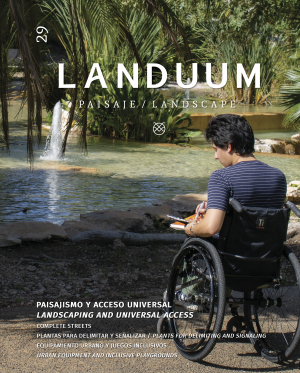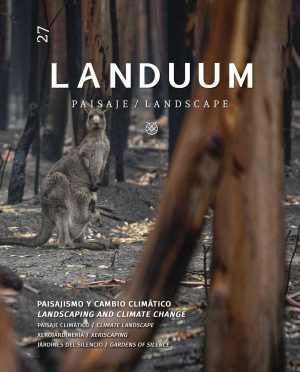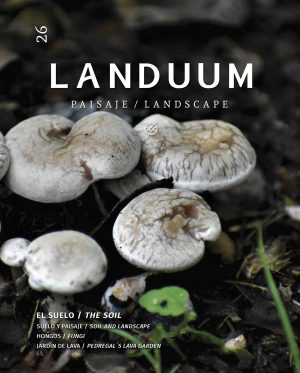
Ringtail
Learn with Manuel Lara about Seed- dispersing mammals.
|
|
|||
|
Bassariscus astutus(Lichtenstein, 1830) |
Order: Carnivora |
Family: Procyonidae |
|
| FEATURES |
DESCRIPTION The body of a B. astutus is cat-like, but with a fox-like face and large, oval ears. The upper body is beige with a dark brown wash, and the underparts are pale beige. The tail is bushy and has black and white rings, like a raccoon. The eyes are surrounded by black or dark brown and are set within beige patches. The claws of these animals are semi-retractile. |
||
|
HABITAT Ringtails can be found from southwestern Oregon and eastern Kansas (USA) to Oaxaca, Mexico, in a variety of habitats. They prefer those with rocky outcroppings, canyons, or talus slopes and can be found in semi-arid country, deserts, chaparral, oak woodlands, pinyon pine woodlands, juniper woodlands and montane conifer forests. |
|||
|
DIET This species is omnivorous but shows a dietary preference for animal matter, being that their specific dietary items are largely selected as a function of their seasonal abundance. Principal animal matter food items include rodents, rabbits, squirrels, and insects; however, they also feed on birds, lizards, snakes, frogs and carrion. Plant matter consumed includes acorns, mistletoe, juniper berries, persimmons, wild figs and other fruits, acting as a dispersal vector for these plant species. |
|||
REFERENCES:
Goldberg, Jeffrey. “Bassariscus astutus.” Animal Diversity Web. https://animaldiversity.org/accounts/Bassariscus_astutus/ (Consultado el 01-09-2022)











